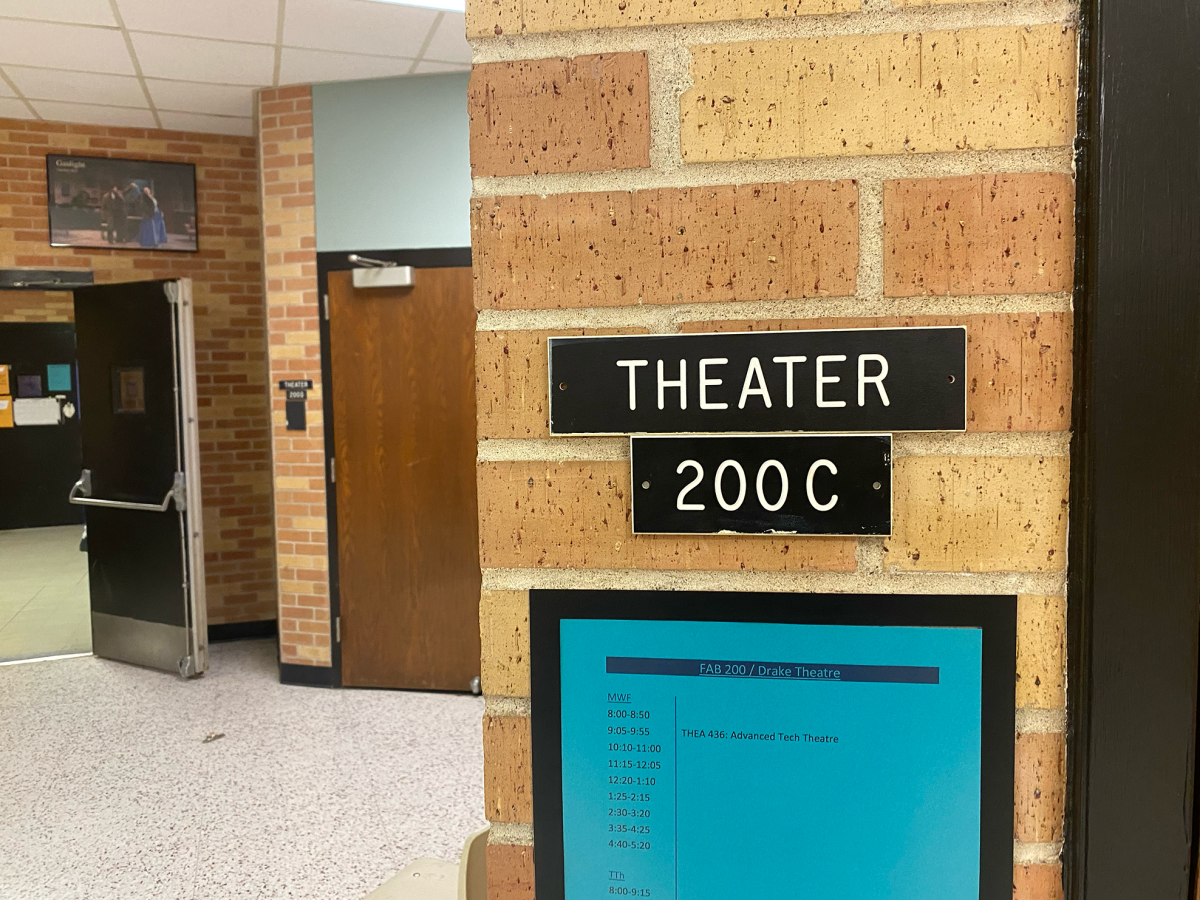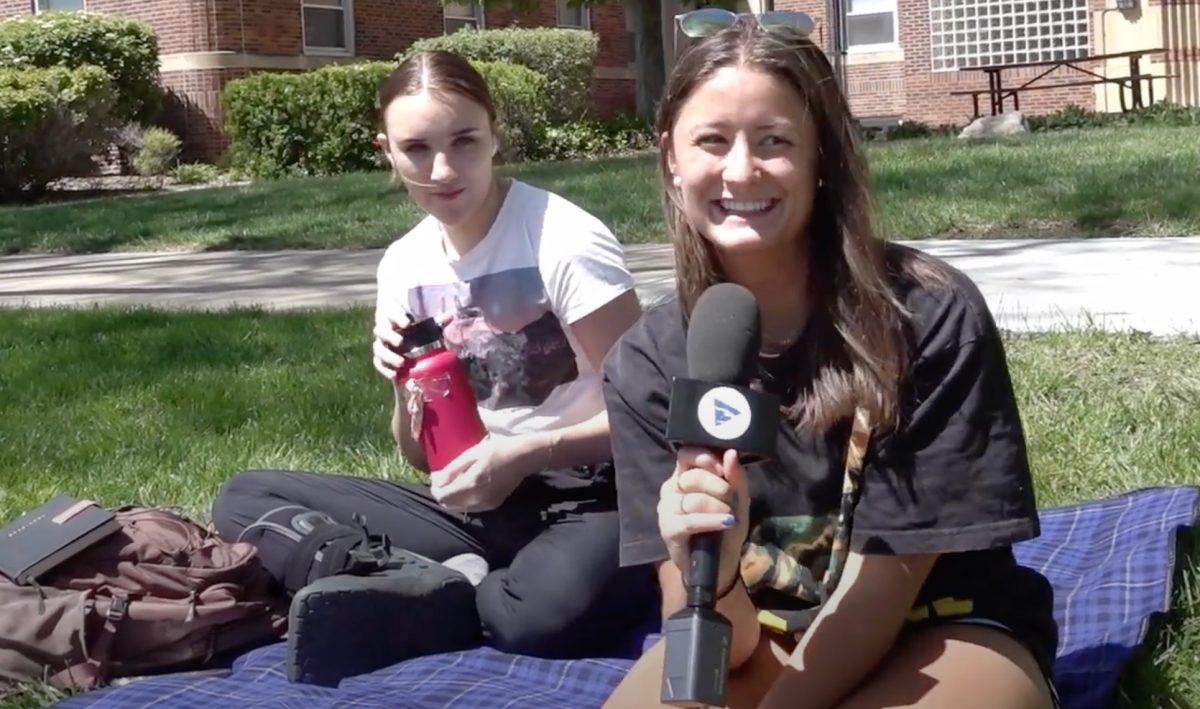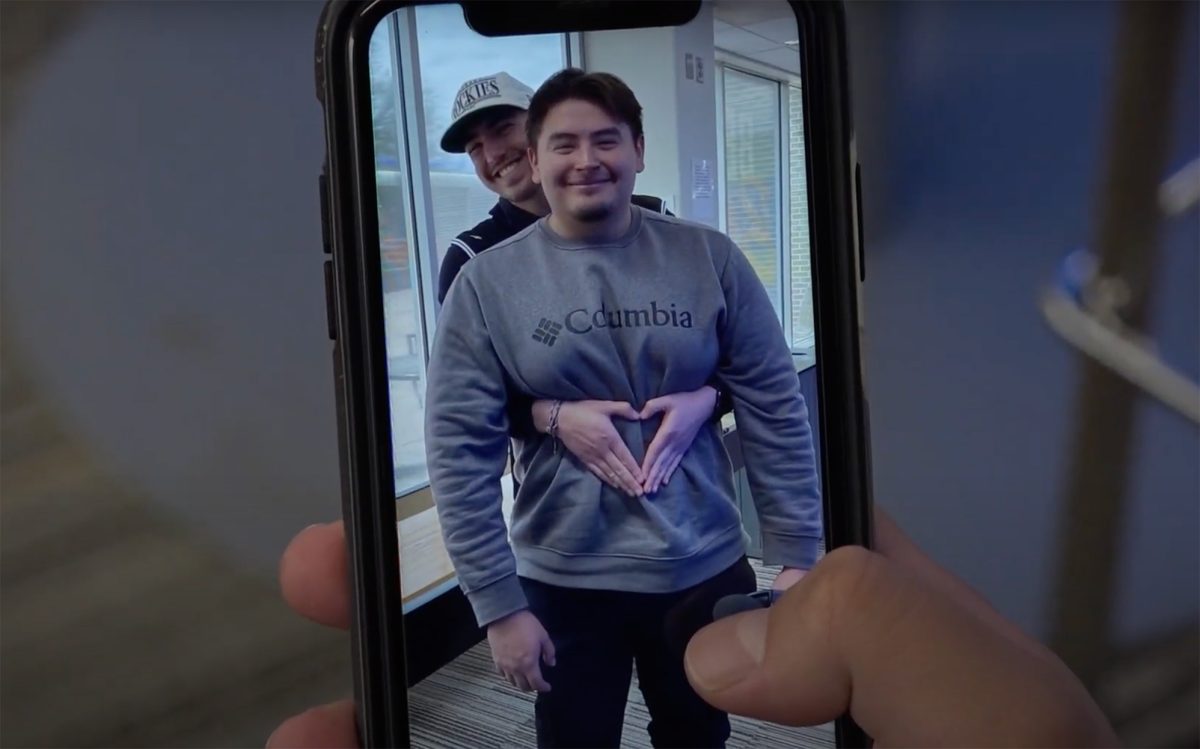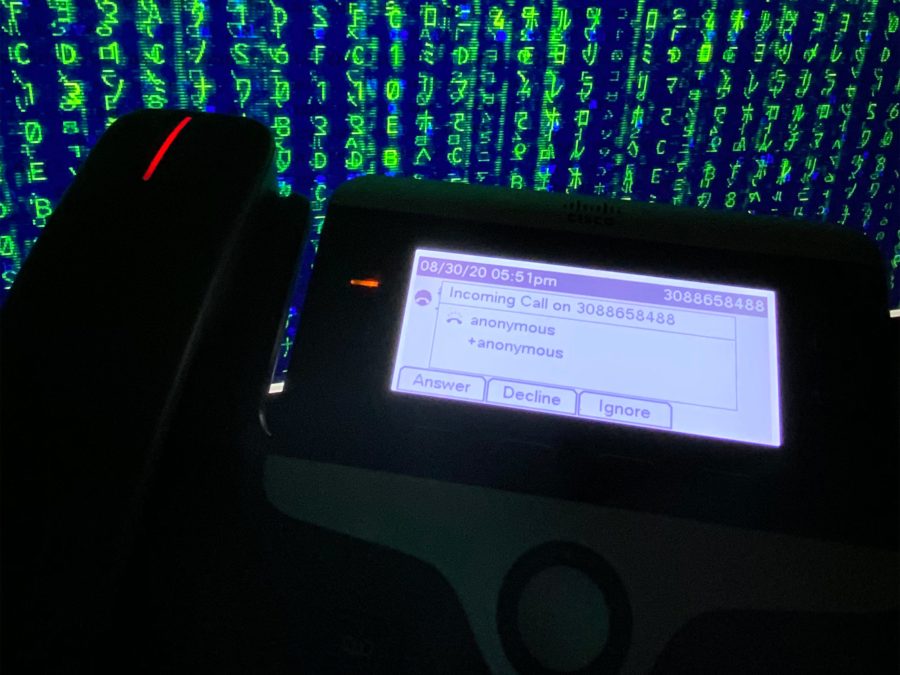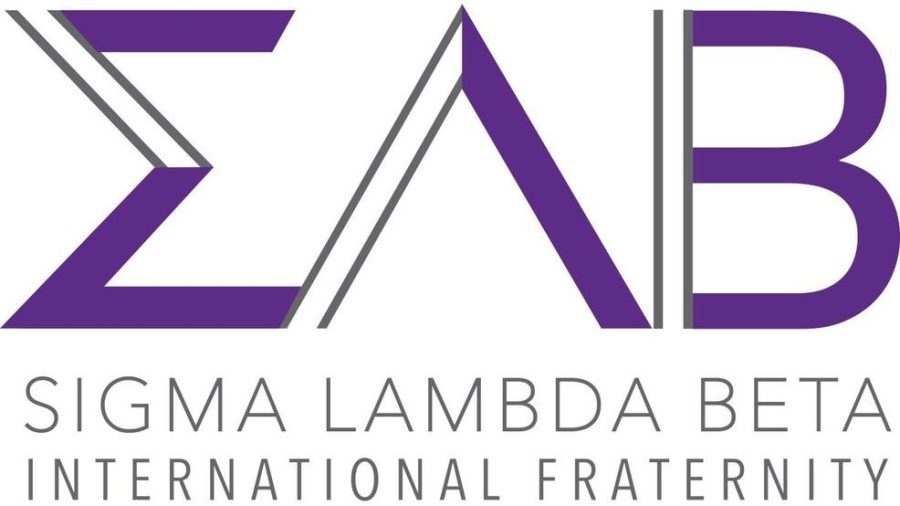liermanm2@lopers.unk.edu
Online and over-the-phone scammers are targeting students once again as college campuses reopen. The UNK Police Department is warning students to stay vigilant of criminals trying to scam them out of their money.
Campus police are reminding students that not everyone online is who they claim to be.
“What these [scams] are is someone will message you, reach out to you, contact you and try to make friends with you,” said Scott Seals, UNK police officer. “And then they will try to entice you into doing something personal— some-thing that can be exploited.”
Some scammers attempt to pose as law enforcement agencies through emails or phone calls. The scammers may also threaten to arrest the victim with false information on illegal activity, unless the requested fee is paid.
Scammers can also impersonate other institutions, such as insurance companies and banks.
“Law enforcement agencies don’t act like that,” Seals said. “Also with banks and insurance, any legitimate business or organization is not going to be asking for money. They’re not gonna be asking for your credit cards. They’re not going to be asking for personal information over an unsecure line like an email.”
The issue with many of these scams is their difficulty to trace.
“With the technology that’s out there, unfortunately, some of these professionals are very well organized,” Seals said. “[Scammers] may make you believe they’re outside the country or outside the state, but their locations are hard to track down.”
Technology is making spam phone calls and texts increasingly more common. One ex-ample is Voice-over IP (VoIP), which allows calls to be made from computers with convincing phone numbers.
Email and social media scams use similar programming to hide the sender’s IP address. This process involves a virtual private network (VPN) that randomizes the user’s digital identity along with other disguises like fake businesses and profile names.
Scams can be conducted on a mass-communication scale with criminals reaching out to thousands or even millions of victims. The lucrative benefits of this industry are part of why scam operations exist.
As a result, campuses across the country continue to see scams every year. Seals said UNK expects a “handful throughout the year on campus.” Last fall, UNK saw similar scams as well, with one prominent scam even reaching LoperMail inboxes.
UNKPD informs the FBI of reported scams, but with the powerful tools scammers use to hide themselves, catching scammers is less reliable than preventing scams from being successful by educating students on what to watch out for.
Raising awareness is key to protecting students.
“If there’s anything that you see that seems suspicious, treat it as suspicious,” said Seals. “If there’s something personal, private information or some-thing intimate that can be recorded or exposed, you need to safeguard that information. If you safeguard that information, they have nothing to hold against you, and they have nothing to try to extort from you to try to get that money.”


